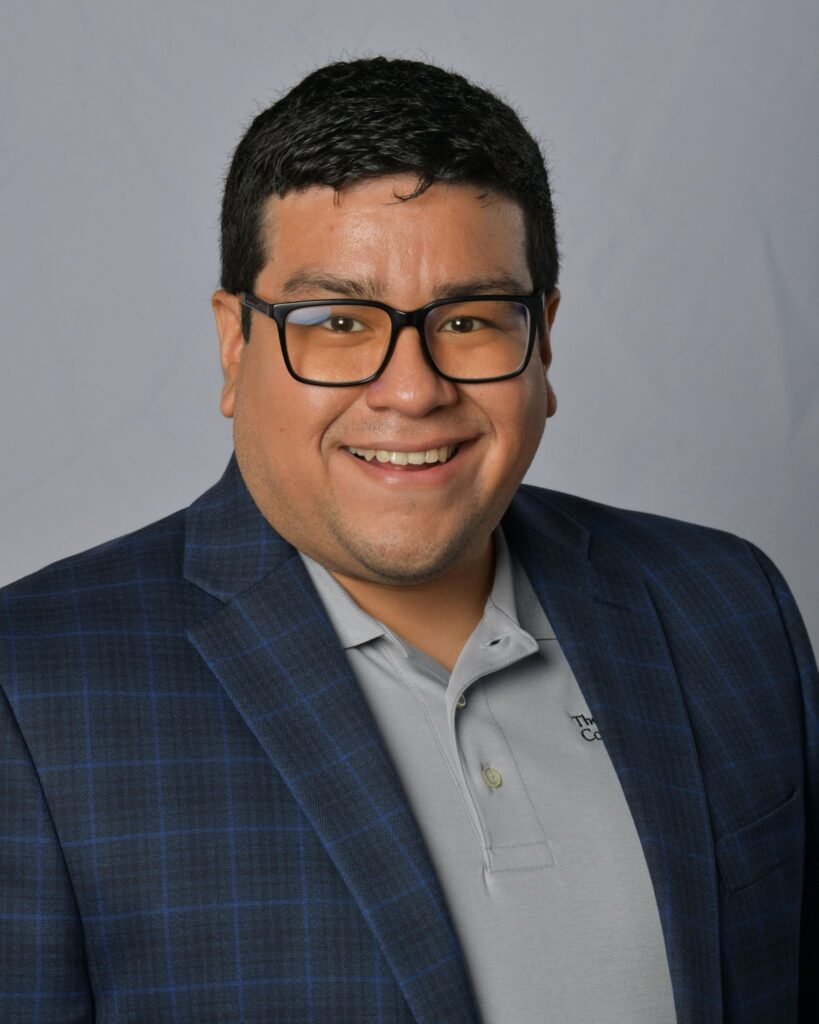Main Content

Article Credit: Lindsey Wiessner
Johnny’s career development began at Rutgers, with a for-credit internship through his Environmental Policy Institutions and Behavior (EPIB) major with the Edison Wetlands Association, a local New Jersey nonprofit organization focused on the“advocacy and the holistic remediation of superfund sites.” When connecting outreach, policy, and the technical side of remediation in this internship, he realized that many people, including himself, were tasked with making decisions about these technical problems, despite not having the scientific background that many experts in the field had. While he had some policy knowledge from his undergraduate major, this experience led him to pursue a Master’s and PhD in Ecology and Evolutionary Biology at Rutgers University. This allowed him to gain a deeper scientific understanding of these issues, while still keeping the interdisciplinary mindset that he had begun his educational journey with and is essential for success in the environmental field.
During his time in graduate school, Dr. Quispe was a fellow at US Environmental Protection Agency Region 2’s Emergency and Remedial Response Division, spent time in Washington D.C., doing advocacy and policy work with the University Corporation for Atmospheric Research, then at the Wilson Center, a research center, and then returned to New Jersey where he worked in environmental consulting at Princeton Hydro. During this time doing technical work, he felt a lack of connection with people and communities, which led him to the nonprofit sector, and his current job as the Associate Director for Cities Programs at The Nature Conservancy.
Leading New Directions in Urban Conservation at The Nature Conservancy
The Nature Conservancy is a 501(c)(3) nonprofit organization, with a staff of about 5,000 employees. This organization is international, with a presence in about 77 countries across the world. When describing this organization, Johnny explained that “historically The Nature Conservancy has always worked in conserving the biggest, most important pieces of nature, and being able to protect [the] land from development,” going on to say that “we are protecting these ecosystems and these natural spaces for perpetuity.” However, The Nature Conservancy began to increase its urban conservation portfolio about ten years ago. This allows Johnny to “bring resources and the expertise that The Nature Conservancy has to support urban conservation in cities like Newark and Paterson” which he considers to be a highlight of his job. An aspect of his job that he especially values is his ability to work with a variety of interested parties, including environmental justice and community-based organizations. ”I am able to provide them the ability to have a seat at the table and be self-determinant.” Johnny states. The involvement of these groups in conservation is especially important as climate change is worsening urban heat and flooding, both of which will have a disproportionate effect on urban communities, so addressing these issues at a community and state level is essential.
EPIB’s Impact on His Career Development
Reflecting on his time at Rutgers, Johnny expressed “EPIB as a whole really allowed me to see the world through different perspectives.” He noted that his professors, including former Professor George Clark, allowed him to gain a deeper understanding of EPIB and human ecology as a discipline. He said that this major focused on the fact that environmental issues are multidimensional, instead of only narrowing in on one core issue. Johnny explained how this mindset translated into his work in the nonprofit sector, and he was able to use this experience to “look at things through a multitude of perspectives” in his career.
Advice for Students and Recent Grads
When asked to give advice to current EPIB students, Johnny expressed the importance of getting involved with the university by participating in research and attending panel talks within the department. He also explained how important it is to expand your experience beyond Rutgers, through internships at environmental organizations (whether they be nonprofits, for-profits, or governmental organizations). He says not to be afraid of cold-calling or cold-emailing to many different places, noting that “folks in the environmental industry are always willing to bring others into it because there is plenty of work to go around, and we need other folks who are brilliant and have different perspectives and skill sets and can contribute towards addressing our environmental and climate issues.” Finally, he explained the importance of using your time at Rutgers to explore different topics and subjects that you do not know much about, in order to broaden your perspective and mindset.
For recent graduates, Johnny said, “Don’t let your degree define you.” He explains how important it is to be open to working in other fields or outside your comfort zone and to not get too caught up in one specific organization or field. He also promotes taking stepping stones in your career, as “sometimes those decisions to take stepping stones to something else that you want can be some of the most formative because you go in open-minded, willing to learn whatever it is you need to do, and then you may end up loving it, or you may end up taking something out of it that you didn’t previously imagine you would.” Finally, Johnny advised recent graduates to use their network of students and professors to maintain a connection with others within their field of work.
In addition to The Nature Conservancy, Johnny Quispe has returned to the Department of Human Ecology this fall to be a lecturer and teach U.S. Environmental Policy and is happy to speak with students about his experiences.